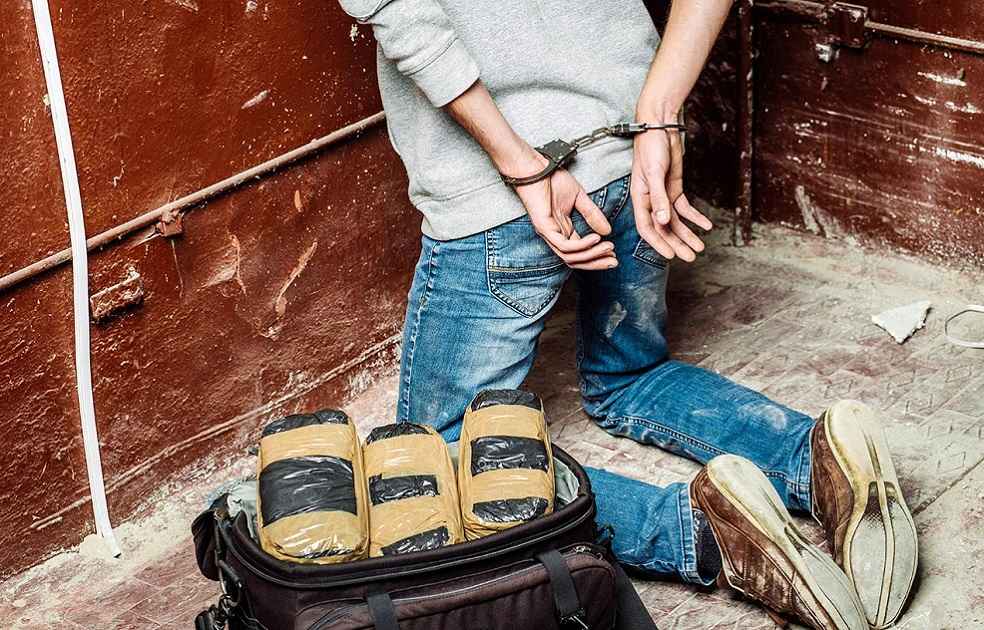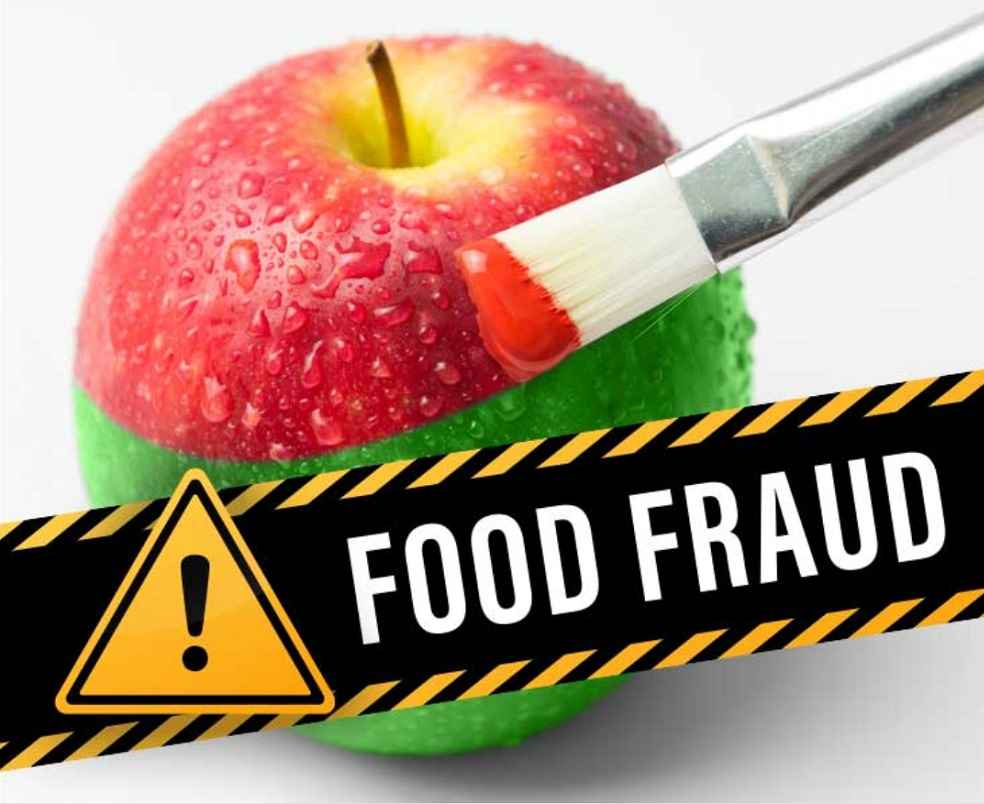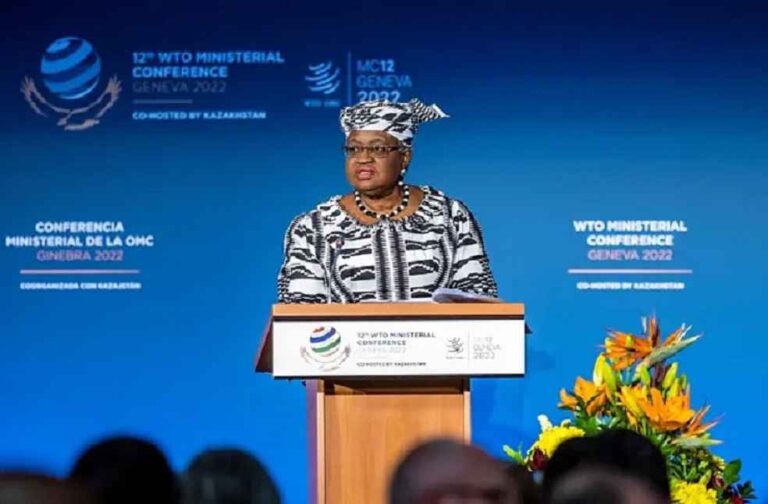The World Trade Organization (WTO) has revealed the major harm caused by illicit trade, which suppresses economic growth, undermines legitimate businesses, fosters corruption, and strips governments of crucial tax revenue.
Director-General Ngozi Okonjo-Iweala leads the WTO’s efforts to explore how international rules can help countries combat these challenges. A recent report on illicit trade in medical products stresses the need for stronger international cooperation and technical assistance.
A new WTO publication addresses illicit trade and food fraud, outlining the organization’s role in tackling these issues. This report draws on insights from various organizations, including the Food and Agriculture Organization of the United Nations, the International Seed Federation, and the United Nations Interregional Crime and Justice Research Institute. It offers a varied
analysis and strategic solutions.

“Illicit trade and fraud in the agri-food sector have detrimental effects on stakeholders, including consumers, farmers, agribusinesses, regulators, and other operators within the food industry,” said Okonjo-Iweala. “While the global cost of fraud to the food industry is hard to quantify due to the secretive nature of these activities, estimates range from $30–50 billion annually, excluding losses from illicit trade in alcoholic drinks.”
Illicit trade affects all sectors of society. It causes economic losses for legitimate businesses through decreased sales and reduced consumer confidence. Governments lose vital tax revenue and face increased costs in fighting counterfeit crime and smuggling. Additionally, fraudulent and counterfeit food and beverages pose serious public health risks, with potentially deadly consequences from adulterated products. Even harmless counterfeit goods destroy consumer trust in the food supply chain.

Okonjo-Iweala pointed out that the WTO rulebook provides legal tools to combat these issues. At the launch event for the publication, future strategies were discussed, including partnerships with the World Health Organization (WHO), reviewing government actions through the Trade Policy Review process, and using Aid for Trade discussions to tackle illicit trade. Enhancing cross-border customs cooperation, examining e-commerce’s impact on food fraud, and continuing discussions in the Technical Barriers to Trade (TBT) and Sanitary and Phytosanitary (SPS) committees were also suggested.
IMEX SECTOR | Malaysian Durians Set for China Export in New Trade Agreement



